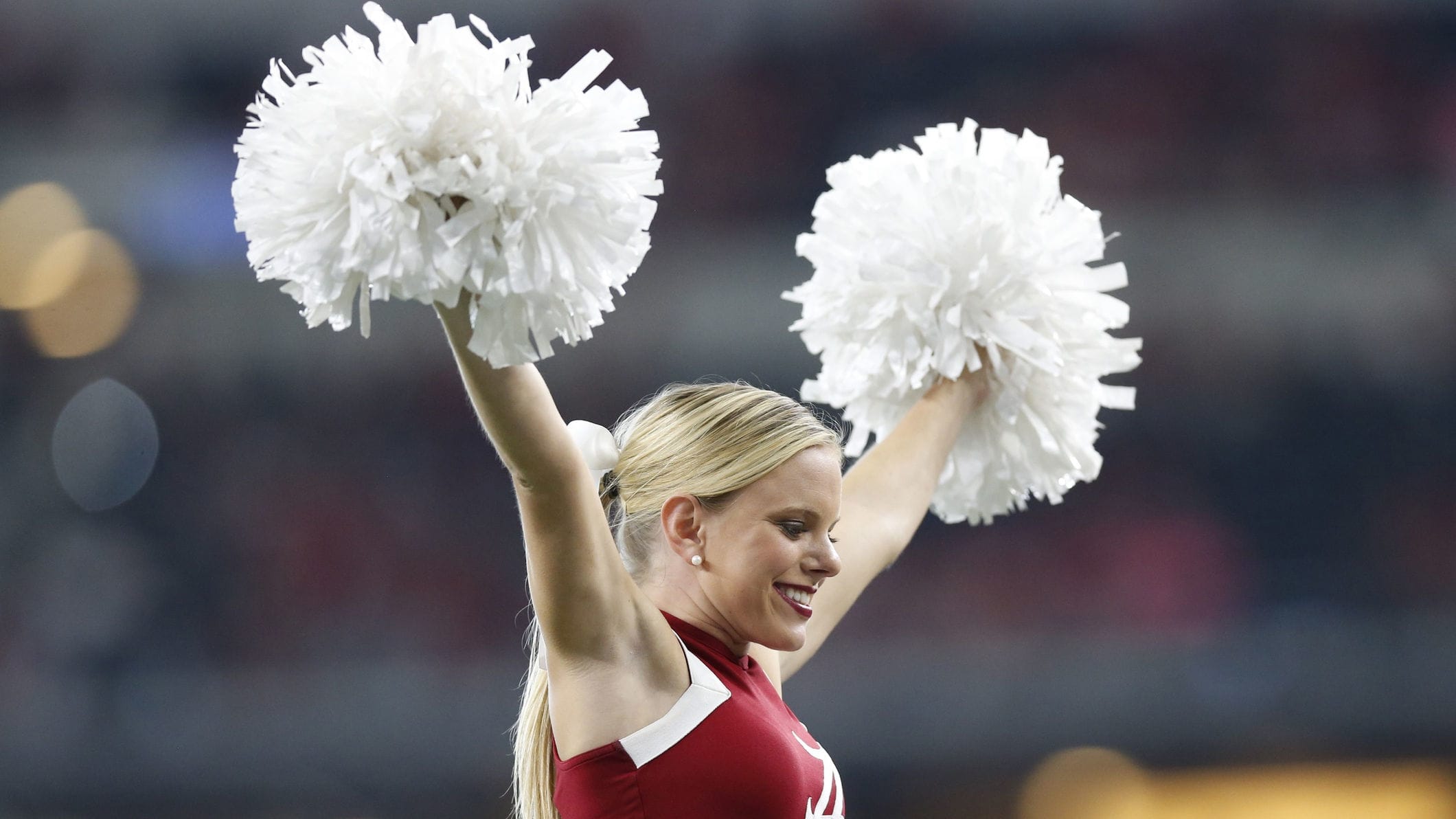
College Football 'Super League' Being Proposed: Report
In the midst of major change around college football, some sports leaders are proposing a complete Page 1 rewrite of the sport.
Amid some already-historic changes around college football that include major conference realignment and an expanded playoff format, some interested parties are proposing another structural change to the sport: a so-called "Super League," according to The Athletic.
The group calls itself College Sports Tomorrow. Composed of sports executives, university presidents, and at least one NFL official, it has a plan: Take the 70 most important programs in college football, including every Power Five school and Notre Dame, and name them as permanent members of a national league.
"The perpetual members would be in seven 10-team divisions, joined by an eighth division of teams that would be promoted from the second tier," according to the report.
Those 50 schools that are ranked in the second division would have the opportunity to earn promotion to the first league in a structure similar to European football leagues. But those first division teams would not be in danger of relegation to the second league.
A playoff system would do away with its selection committee, instead promoting the eight division champions and eight wild-card schools from the top tier would qualify for the postseason. Wild card spots would be determined by records and tiebreakers, similar to the NFL's system.
The ACC's board of directors heard a proposal for the super league, but meetings with members of the SEC, Big Ten, and Big 12 didn't go through.
A super league of this kind was recently floated in Europe by some of football's top decision makers, with a similar proposal to combine the top clubs, but the idea was met with widespread, passionate opposition and protests from fans who opposed the idea, and it was dropped.
Creating a college football super league faces major obstacles of its own, but most likely not from fans taking to the streets. Instead, that opposition will come from the sport's leadership.
In particular, the mega-deals that conferences have signed with media partners, contracts that run into the billions of dollars and last for several years. It's unlikely anyone will be able to offer something better than what leagues already have, incentivizing leaders to maintain the status quo.
But college football's ongoing changes won't stop interested parties from floating whatever ideas they can to find new ways of organizing the sport.
(Athletic)
-
More college football from SI: Top 25 Rankings | Schedule | Teams